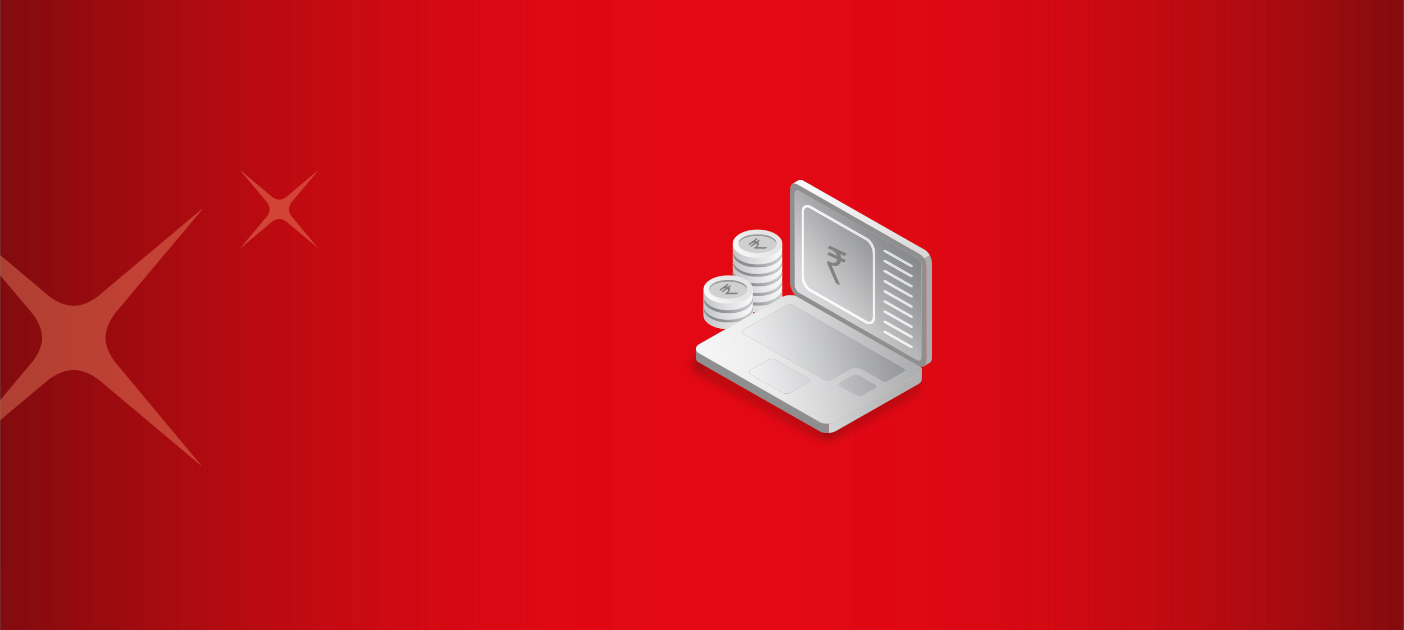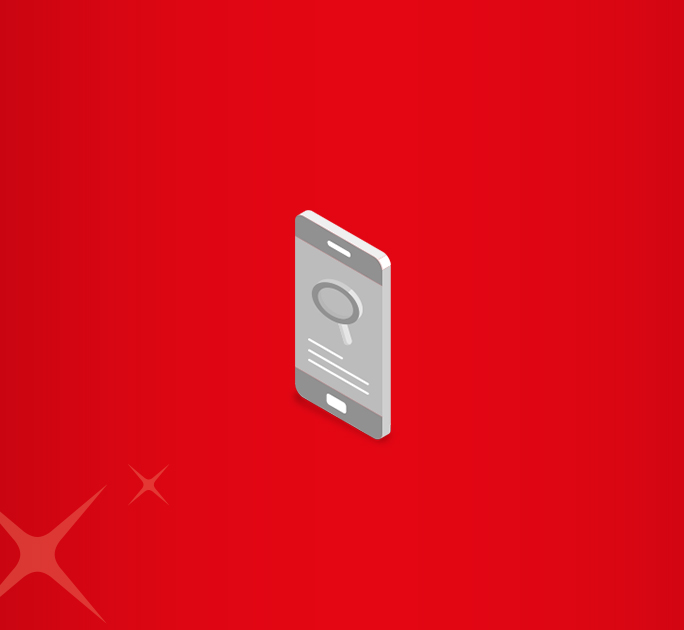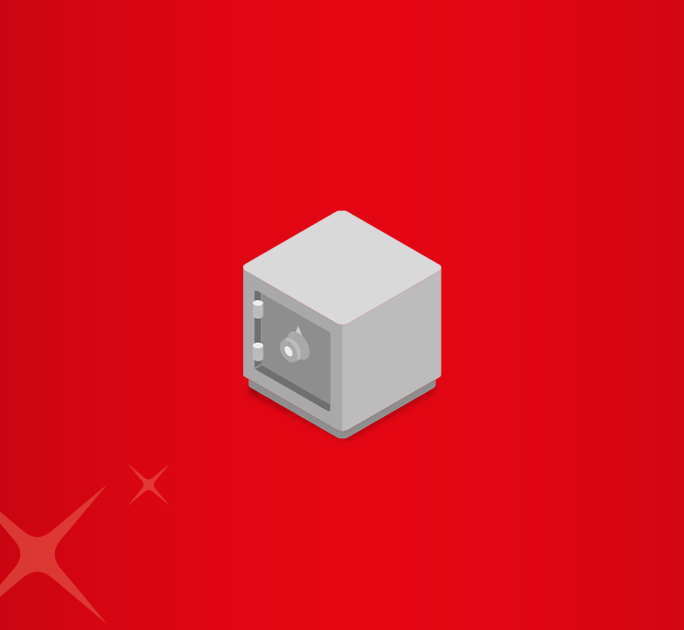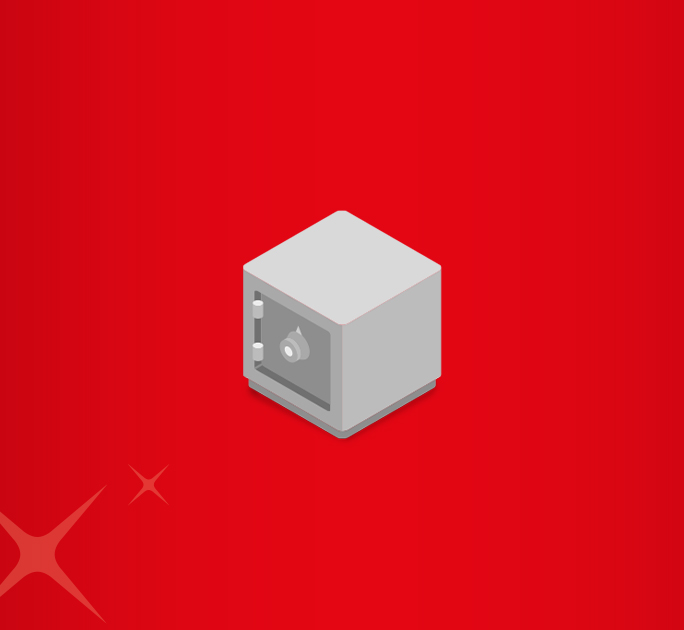- Save
- Invest
- Borrow
- Pay
- More
- Customer Services

Retail Banking Products and Its Services | DBS Bank India
Assessing popular retail banking products offered by Indian banks
Key Takeaways
- Retail Banking is the segment of banking that deals with retail customers.
- Standard retail banking products are bank accounts, lines of credit and bank cards.
- Individuals can open savings accounts, while business owners can opt for current accounts.
- Debit card and credit card facilities are also part of the retail banking universe.
- Personal Loans, Home Loans, Auto Loans, etc., are widely availed retail banking products.
The banking sector is divided into several branches depending on the type of services they offer. For example, there are banks whose clients are corporates and large institutions, also known as Corporate Banking. Some banks deal with high-net-worth individuals and offer Private Banking services. Similarly, the banking sector that serves the general public is called Retail Banking. Here is a list of retail banking products.
What is Retail Banking – An Overview
Retail banking is the branch of banking that provides essential financial services to individuals of the general public instead of businesses and giant corporations. Also known as private banking or consumer banking, it enables individual consumers to manage their funds, i.e., withdraw and deposit money, access credit facilities and other products for remote banking. Essentially, a retail bank is a commercial bank offering consumer products and services such as transactional accounts, loans and bank cards.
Retail Banking Products and Services
Standard retail banking products include the following:
- Savings Account
- Current Account
- Term Deposits
- Loan
- Bank Cards
Let us now understand these products and services briefly
Savings Account
Offered by most banking financial institutions, a Savings Bank Account lets you deposit cash in a brick-and-mortar bank branch or an ATM deposit machine. The funds in the Savings Account can be used to fund expenses like money transfers, bill payments, etc. Your bank provides nominal interests on your Savings Account deposits. You can access funds in your Savings Account through internet or mobile banking platforms.
Current Account
A current account is a retail banking product designed for business owners who typically need to conduct daily transactions. For instance, a shop owner may want to deposit daily earnings and withdraw large sums to manage inventory. Current account holders enjoy financial services like limitless deposits and withdrawals, pay-orders, cheques, overdraft facilities etc., to keep their businesses afloat.
Term Deposits
The list of retail banking products also includes term deposits. Retail banks offer fixed deposits and recurring deposits with competitive interest rates. As a retail banking customer, you can easily open a term deposit as most banks offer this facility. You can also open tax-saving term deposits that decrease your taxable income.
Loans
Loans are one of the most widely availed retail banking products. Banks offer an array of loans, including Personal Loans, Home Loans, Auto Loans, etc. Banks charge interest on the principal amount loaned. The maximum loan amount you can get and repayment tenure depends on the type of loan you choose. You can get anywhere from 70% to 100% finance based on the loan type.
Bank Cards
All retail banks offer debit cards to their retail customers. Debit cards enable you to access funds in your account anytime. You can use your debit card to shop online, pay bills, and withdraw cash from Automated Teller Machines (ATMs). Banks also offer eligible customers credit card facilities as part of their retail banking products and services.
Final Note
Retail banking offers everyday banking services to retail customers. You need the most basic retail banking product, i.e., a bank account, to access other types of retail banking products and services.
Download DBS Bank app to get started.
*Disclaimer: This article is for information purposes only. We recommend you get in touch with your income tax advisor or CA for expert advice.











